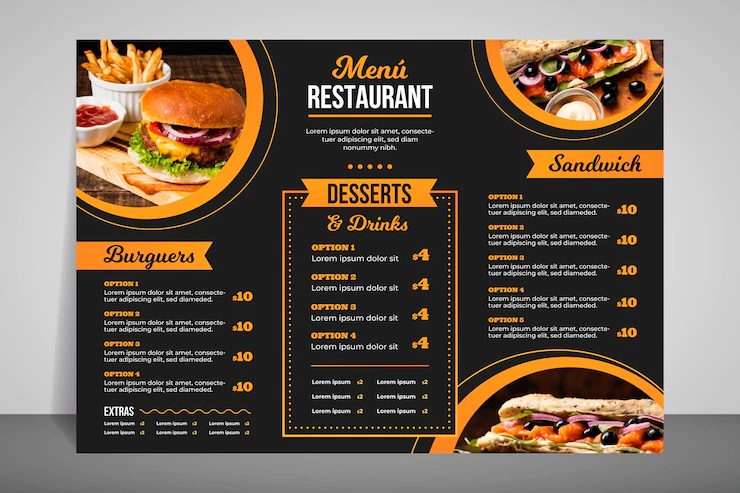Ways To Reduce Risks When Opening Your First Restaurant
05 November 2022
4 Mins Read

toc impalement
Opening your first restaurant can be a fun, eye-opening, and professionally satisfying experience.
However, as is the case with other small businesses, unwise decisions at various levels can have a considerable impact on the long-term viability of a new restaurant.
Fortunately, while there’s no way to completely eliminate the risks faced by fledgling restaurateurs, there are numerous steps you can take to reduce those risks and set the stage for long-term prosperity.
Soon-to-be restaurant owners looking to play it safe will be well-served by the following pointers.
Carefully Consider Prospective Locations
The location you select for your first restaurant is among the most important business decisions you’ll ever make.
As is the case with other small businesses, location can play an instrumental role in determining how much success your restaurant sees. So, when exploring prospective locations, make sure to take a number of factors into consideration.
To start with, you’ll need to get a solid idea of how much demand for the type of restaurant you’re looking to open exists within an area.

Among other things, this will require you to do some research into that area’s most successful restaurants and determine how many other local restaurants, if any, offer the same type of dining experience as yours.
Additionally, even if there’s ample demand for the type of cuisine your restaurant offers, is the area currently oversaturated with restaurants that specialize in such cuisine? And if so, is your restaurant different enough to warrant jumping into an overcrowded market?
Arizona-based restaurateurs seeking out restaurant space for lease in Tempe are liable to find a plethora of attractive locations. However, before committing to sign a lease, take care to carefully consider the factors discussed above.
Make Sure You Have All the Right Licenses
Opening a restaurant without first obtaining the necessary licenses from your municipality is never a smart idea. For instance, if you serve alcohol without a liquor license, you’re liable to find your restaurant subjected to immediate closure and yourself subjected to considerable fines and other legal repercussions.

So, before declaring your restaurant open for business, make a point of obtaining all the licenses this business needs to operate. Regardless of how cumbersome you may find the licensing process to be, seeing it through is the absolute least a responsible restaurateur can do.
Start with a Small Menu
It’s easy to see why so many restaurateurs make the mistake of overexerting themselves when it comes to menus. Variety is, after all, the spice of life, and the more options from which diners have to choose, the better.

However, as it turns out, this isn’t always the case. In addition to creating massive headaches for your kitchen staff, enormous menus can often make diners feel confused and frustrated.
As such, it’s in everyone’s best interest that you start small on the menu front. Then, as your business develops and attracts a steady customer base, you’ll get a better sense of what diners like and be able to add and remove menu items accordingly.
Develop a Sound Marketing Strategy
Not every restaurateur possesses an advanced understanding of marketing – and that’s fine. However, if your marketing knowledge is limited to nonexistent, you may benefit from reaching out to an experienced marketing agency.
The right agency will help you identify your target demographics and educate you on the best ways to connect with them.
For example, if you’re hoping to reach a younger crowd, your marketing resources are likely to be well-spent on such digital endeavors as social media, search engine optimization (SEO), and pay-per-click marketing.

Conversely, restaurateurs looking to catch the attention of older demographics may find success with such traditional avenues of promotion as television, radio, and newspaper.
In addition to showing you the ropes, a dependable marketing agency will help you create and implement assorted promotional strategies – and refine them as needed.
Opening a small business always comes with various risks – and restaurants are far from an exception to this rule.
Although eliminating these risks entirely is unrealistic, reducing them should be well within the abilities of any fledgling restaurateur who’s willing to put forth the effort.
Taking a few simple measures before declaring your first restaurant open for business can be a boon to your financial resources and help ensure that risks are kept to a minimum.
Additionals:


















Comments Are Closed For This Article